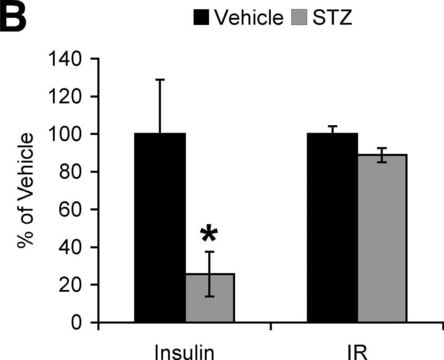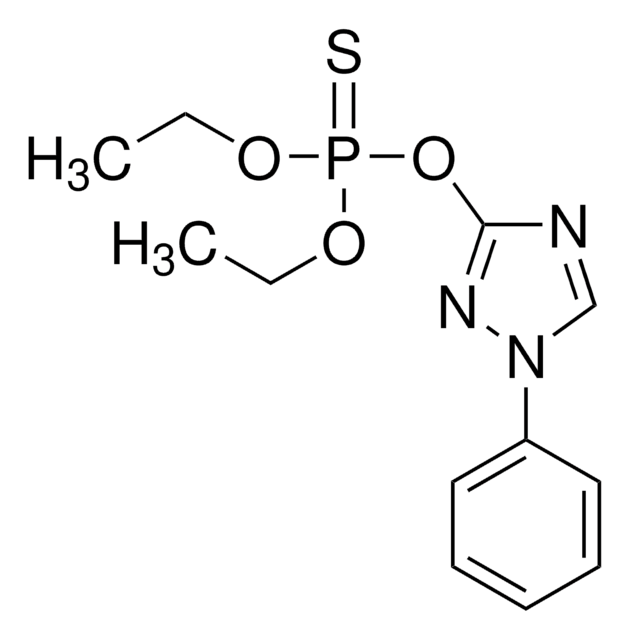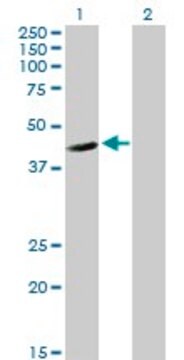MAB3662
Anti-TIF1 beta Antibody
ascites fluid, Chemicon®
Sinonimo/i:
TIF1beta
About This Item
Prodotti consigliati
Origine biologica
mouse
Livello qualitativo
Forma dell’anticorpo
ascites fluid
Tipo di anticorpo
primary antibodies
Clone
monoclonal
Reattività contro le specie
mouse, human
Produttore/marchio commerciale
Chemicon®
tecniche
ELISA: suitable
immunocytochemistry: suitable
western blot: suitable
Isotipo
IgG2b
N° accesso NCBI
N° accesso UniProt
Condizioni di spedizione
wet ice
modifica post-traduzionali bersaglio
unmodified
Informazioni sul gene
human ... TRIM28(10155)
Specificità
Immunogeno
Applicazioni
Immunocytochemistry: 1:500-1:5,000
ELISA: 1:500-1:5,000
Optimal working dilutions must be determined by the end user.
Note legali
Not finding the right product?
Try our Motore di ricerca dei prodotti.
Codice della classe di stoccaggio
10 - Combustible liquids
Classe di pericolosità dell'acqua (WGK)
WGK 1
Punto d’infiammabilità (°F)
Not applicable
Punto d’infiammabilità (°C)
Not applicable
Certificati d'analisi (COA)
Cerca il Certificati d'analisi (COA) digitando il numero di lotto/batch corrispondente. I numeri di lotto o di batch sono stampati sull'etichetta dei prodotti dopo la parola ‘Lotto’ o ‘Batch’.
Possiedi già questo prodotto?
I documenti relativi ai prodotti acquistati recentemente sono disponibili nell’Archivio dei documenti.
Il team dei nostri ricercatori vanta grande esperienza in tutte le aree della ricerca quali Life Science, scienza dei materiali, sintesi chimica, cromatografia, discipline analitiche, ecc..
Contatta l'Assistenza Tecnica.








